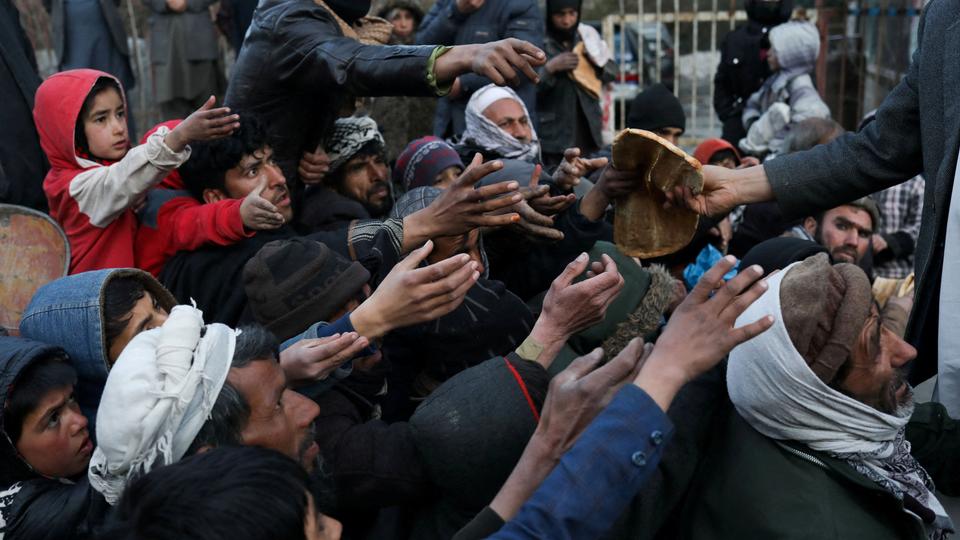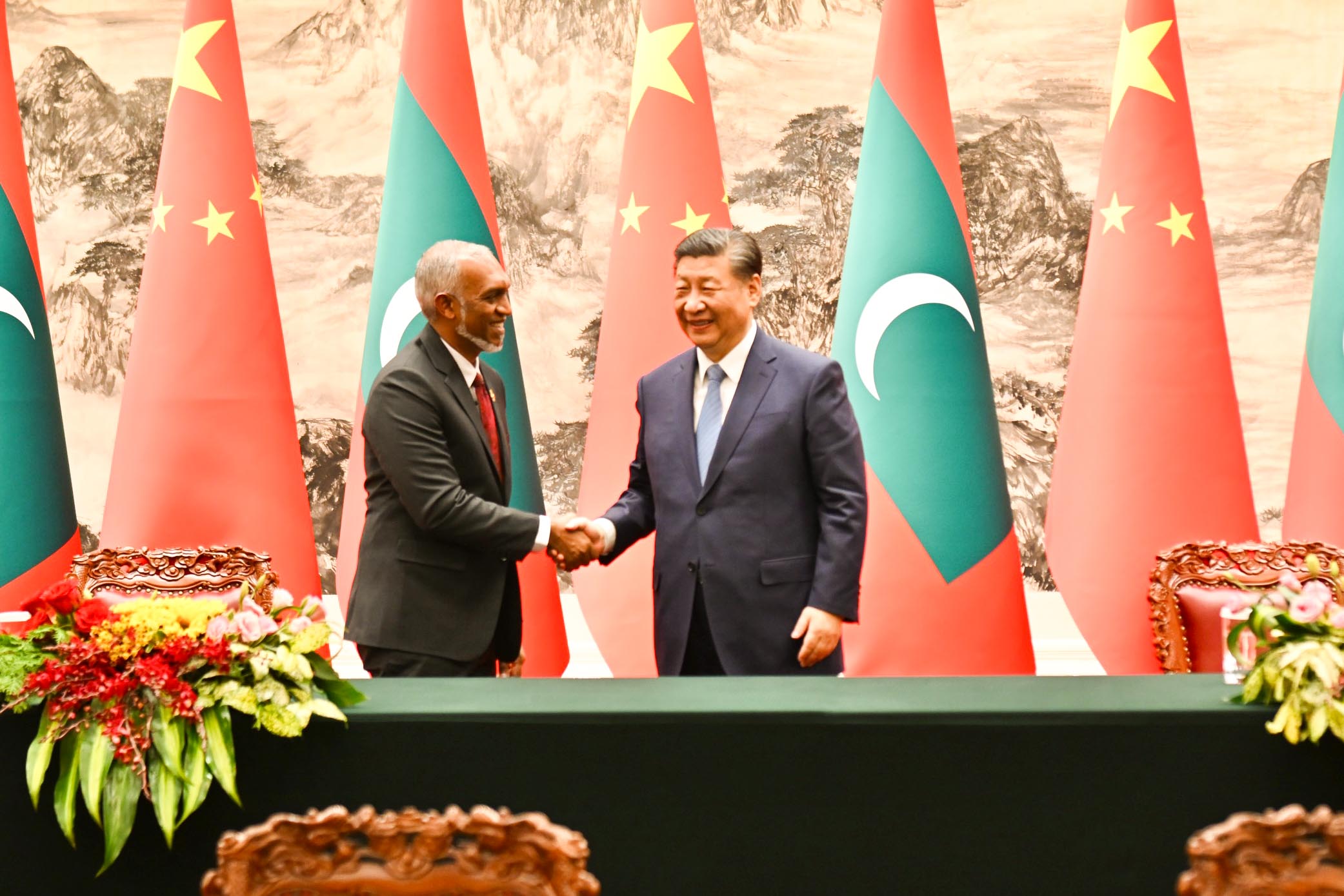Chinese Ambassador to the Maldives Wang Lixin states China and Maldives firmly support each other on issues of our respective core interests and major concerns. The Ambassador noted Maldives efforts to raise its voice on the Palestinian issue in the international arena, China is proud of Maldives expansion of its role in the international arena. The ambassador said China encourages a permanent solution to the Palestinian conflict.
Speaking on the question regarding Taiwan, the Ambassador said the Maldivian government supports the One China policy. We highly appreciate that the Maldivian Government’s consistent and firm adherence to the one-China Principle. In the joint press communique issued during H.E. President Muizzu’s visit to China, the Maldivian side reaffirms that the Maldives is firmly committed to the one-China principle, recognizing that there is but one China in the world, the Government of the People’s Republic of China is the sole legal government representing the whole of China, and Taiwan is an inalienable part of China’s territory.
The Maldives opposes any statement or action that undermines China’s sovereignty and territorial integrity, opposes all “Taiwan independence” separatist activities, and will not develop any form of official relations with Taiwan. The Maldives opposes external interference in China’s internal affairs under any pretext and supports all efforts made by China to achieve national reunification.
As the inauguration ceremony of the new leader of the Taiwan region dated 20 May and the World Health Assembly approaches, the United States is deliberately distorting and challenging UNGA Resolution 2758 adopted in 1971 on restoring the lawful seat of the People’s Republic of China in the United Nations and expelling the Chiang Kai-shek group. It has been trumpeting the notion that Taiwan’s status is undetermined, and advocating support for Taiwan’s participation in U.N. conferences and activities.
I would like to reiterate China’s position on the Taiwan question:
There is but one China in the world. Taiwan is an inalienable part of China’s territory. The Government of the People’s Republic of China is the sole legal government representing the whole of China. This is an undeniable fact, a universal consensus of the international community and a basic norm in international relations. One hundred and eighty-three countries in the world, including the US, have established and are advancing diplomatic relations with China on the basis of the one-China principle.
Resolution 2758 adopted at the 26th Session of the UN General Assembly in 1971 made it clear that the government of the People’s Republic of China is the sole legal government representing the whole of China, including Taiwan, at the UN; Taiwan is not a country but a part of China’s territory. It makes clear Taiwan’s status as a non-sovereign entity. UNGA Resolution 2758 resolved once and for all politically, legally and procedurally the issue of the representation of the whole of China, including Taiwan, at the UN. The resolution also made clear that there can only be one seat representing China at the UN and precluded the possibility of “two Chinas” or “one China, one Taiwan.”
Since the adoption of the resolution, the one-China principle has been observed by the UN and its specialized agencies on the Taiwan question. Taiwan is referred to as “Taiwan, province of China” in all UN’s official documents. It was clearly stated in the official legal opinions of the Office of Legal Affairs of the UN Secretariat that “the United Nations considers ‘Taiwan’ as a province of China with no separate status,” and the “’authorities’ in ‘Taipei’ are not considered to… enjoy any form of government status.”
The Taiwan region’s participation in the activities of international organizations must and can only be handled in accordance with the one-China principle. The United Nations is an intergovernmental international organization composed of sovereign states. Taiwan, a province of China, has no basis, reason or right to join the UN or its relevant agencies. This is stipulated in the UN Charter and is the principle that all UN member states must follow and an obligation that they should fulfill.
As a major country and permanent member of the UN Security Council, the US is supposed to take the lead in observing the UNGA resolutions and abiding by international law and basic norms in international relations, but it does just the opposite. The US deliberately distorted UNGA’s Resolution 2758 and propagated the narrative of so-called “Taiwan’s meaningful participation in the UN system” to hollow out the one-China principle, embolden and support “Taiwan independence” separatist activities, and serve its pernicious aim of suppressing China. Such an attempt to turn back the wheel of history and ignore global opinion will only be resisted and opposed by the international force for justice and will not succeed.
UNGA Resolution 2758 brooks no challenge, and the one-China principle is unshakable. To play the “Taiwan card” is to drive oneself into the wall. Supporting Taiwan will inevitably backfire.

 News6 days ago
News6 days ago
 News5 days ago
News5 days ago
 News6 days ago
News6 days ago
 News6 days ago
News6 days ago
 News5 days ago
News5 days ago
 Business5 days ago
Business5 days ago
 News5 days ago
News5 days ago
 News5 days ago
News5 days ago


















